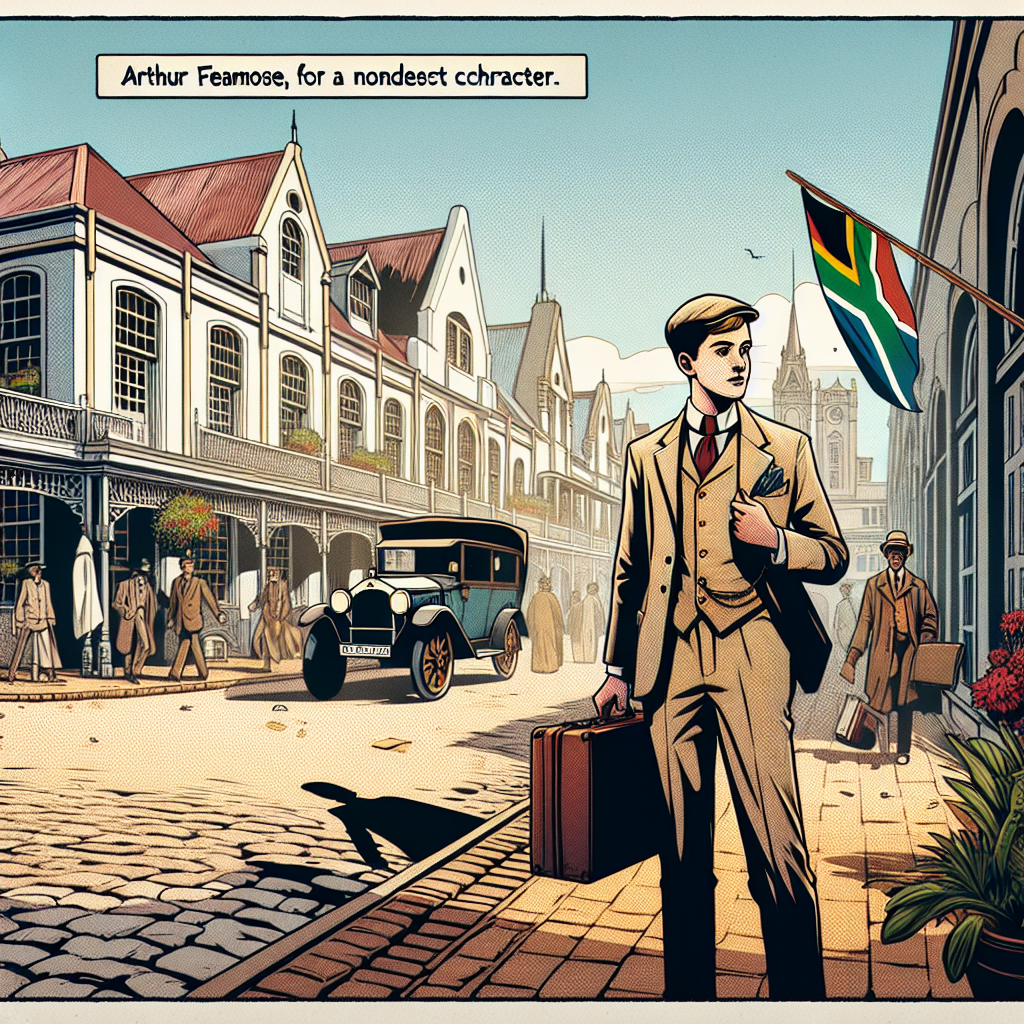Travel notes
Day 1: Arrival Under the Table Mountain: First Impressions
As the plane descended, the iconic Table Mountain came into full view, its plateau standing majestically over Cape Town like a silent guardian. The sight was breathtaking, and a wave of excitement washed over me. It was my first day in Cape Town, a city I had long dreamed of exploring. The moment the aircraft’s wheels touched the runway, my diplomatic mission officially began, but so too did my personal journey into the heart of this vibrant city.
Upon leaving the airport, the air was crisp, carrying a hint of the sea that surrounds this picturesque city. My first task was not of diplomatic nature but rather an immersion into the local scene. A ride through the city streets revealed a tapestry of cultures, architecture, and natural beauty that I could hardly believe was real. The colorful houses of Bo-Kaap, the bustling V&A Waterfront, the serene beaches along the coast – each sight was more captivating than the last.
My guide, a local of many years, shared stories of Cape Town’s rich history and complex socio-political landscape. Discussions ranged from the struggles during the Apartheid era to the city’s current efforts in embracing diversity and fostering unity. It was a powerful introduction to the local culture and politics, giving me much to ponder about the soft power dynamics at play.
Settling into my accommodations, I reflected on my initial observations and the numerous interactions with locals. Despite my status as a visitor, there was a warm welcome that felt almost familial. This city, with its unparalleled beauty and complex history, was already beginning to feel like home.
Tomorrow, I plan to delve deeper into Cape Town’s historical sites and meet with local officials. But tonight, under the shadow of Table Mountain, I am simply a traveler, eager to discover what lies beyond the surface of this fascinating city.
My journey in Cape Town has just begun, and I can already tell that it will be an unforgettable adventure.
Travel notes:
📍 **Table Mountain**
– **Location**: Dominates the skyline of Cape Town, South Africa
– **Access**: Cable car or hiking. Cable car station located at Tafelberg Road, approximately a 15-minute drive from the city center.
– **Price**: Cable car round trip – Adults: ZAR 380, Children (4-17 years): ZAR 190. Prices subject to change; check the official website for the latest rates.
– **Recommendation**: Visit early morning or late afternoon to avoid crowds and experience the best views.
📍 **Bo-Kaap**
– **Location**: Situated on the slopes of Signal Hill, above the city center
– **Specialty**: Known for its brightly colored houses and cobble-stoned streets
– **Cultural Significance**: Rich history as a multicultural area, originally a township for Malaysian, Indonesian, and African slaves.
– **Visiting**: Free; guided tours available for deeper historical insight.
📍 **V&A Waterfront**
– **Location**: In the heart of Cape Town’s working harbor
– **Features**: Offers a mix of shopping, dining, and entertainment options. Also home to the Zeitz Museum of Contemporary Art Africa (MOCAA).
– **Visiting Hours**: Generally open from 10:00 AM to 7:00 PM, but can vary by shop and season.
– **Recommendation**: A must-visit for first-time travelers to Cape Town for a taste of the city’s modern lifestyle.
📍 **Local Beaches**
– **Location**: Surrounding Cape Town, including popular spots like Clifton and Camps Bay.
– **Activities**: Sunbathing, swimming, and surfing. Some beaches are known for their vibrant beachfront cafes and bars.
– **Tip**: Water can be chilly; a wetsuit is recommended for those looking to swim or surf.
**Local Culture & Politics**
– **Note**: Engaging with locals and guides offers invaluable insights into Cape Town’s history, including the Apartheid era and the city’s ongoing efforts to foster diversity and unity.
📌 **General Tips for Travelers**:
– **Transportation**: Renting a car is a convenient way to explore, but public transport and taxis are also available.
– **Currency**: South African Rand (ZAR). ATMs are widely available, and credit cards are accepted at most establishments.
– **Safety**: Common sense precautions should be taken, especially in tourist-heavy areas.

